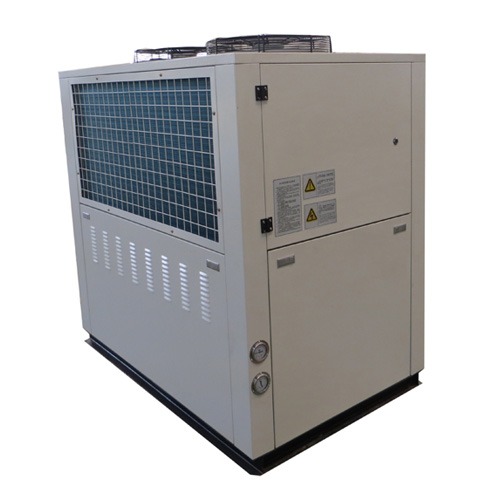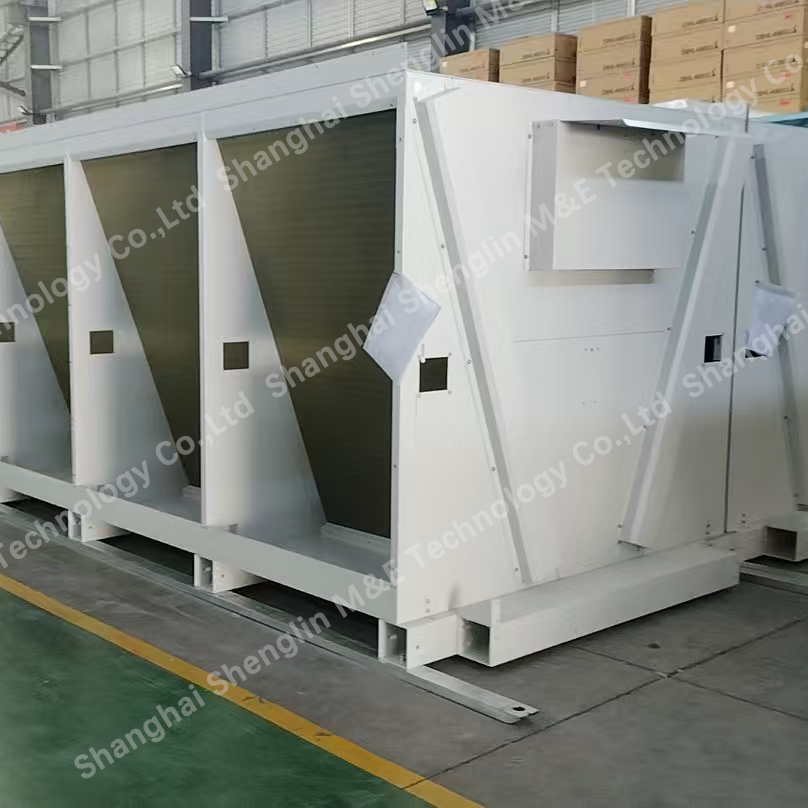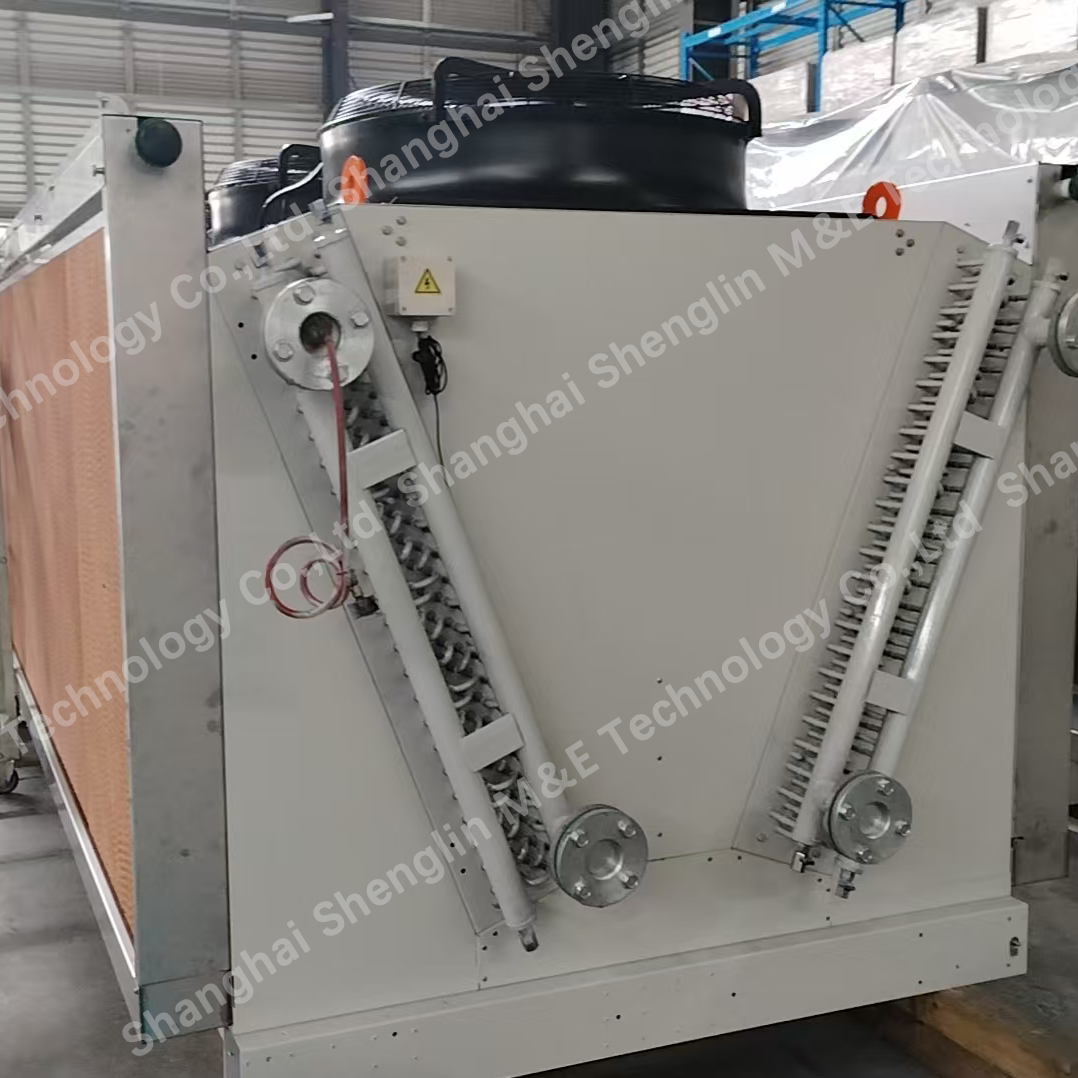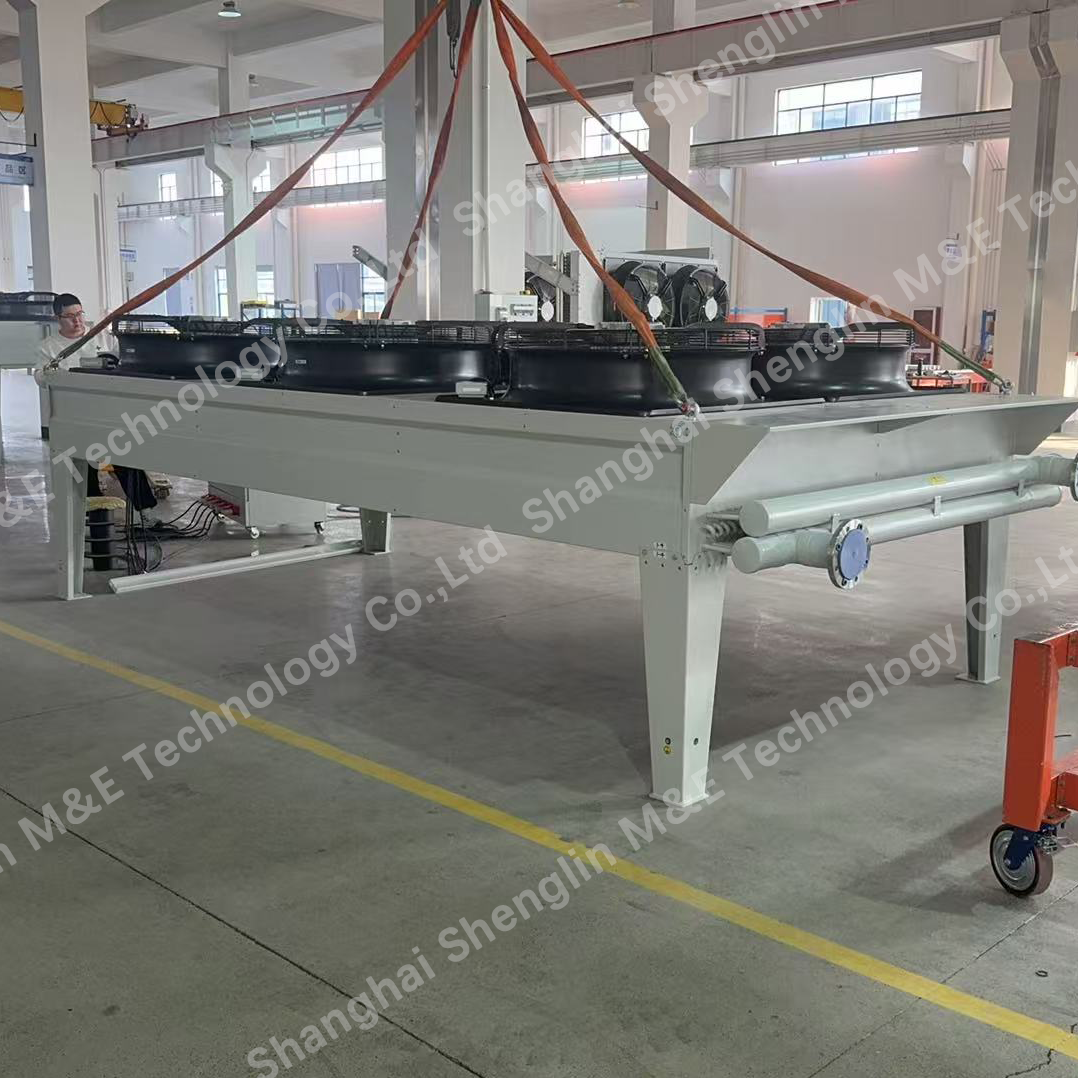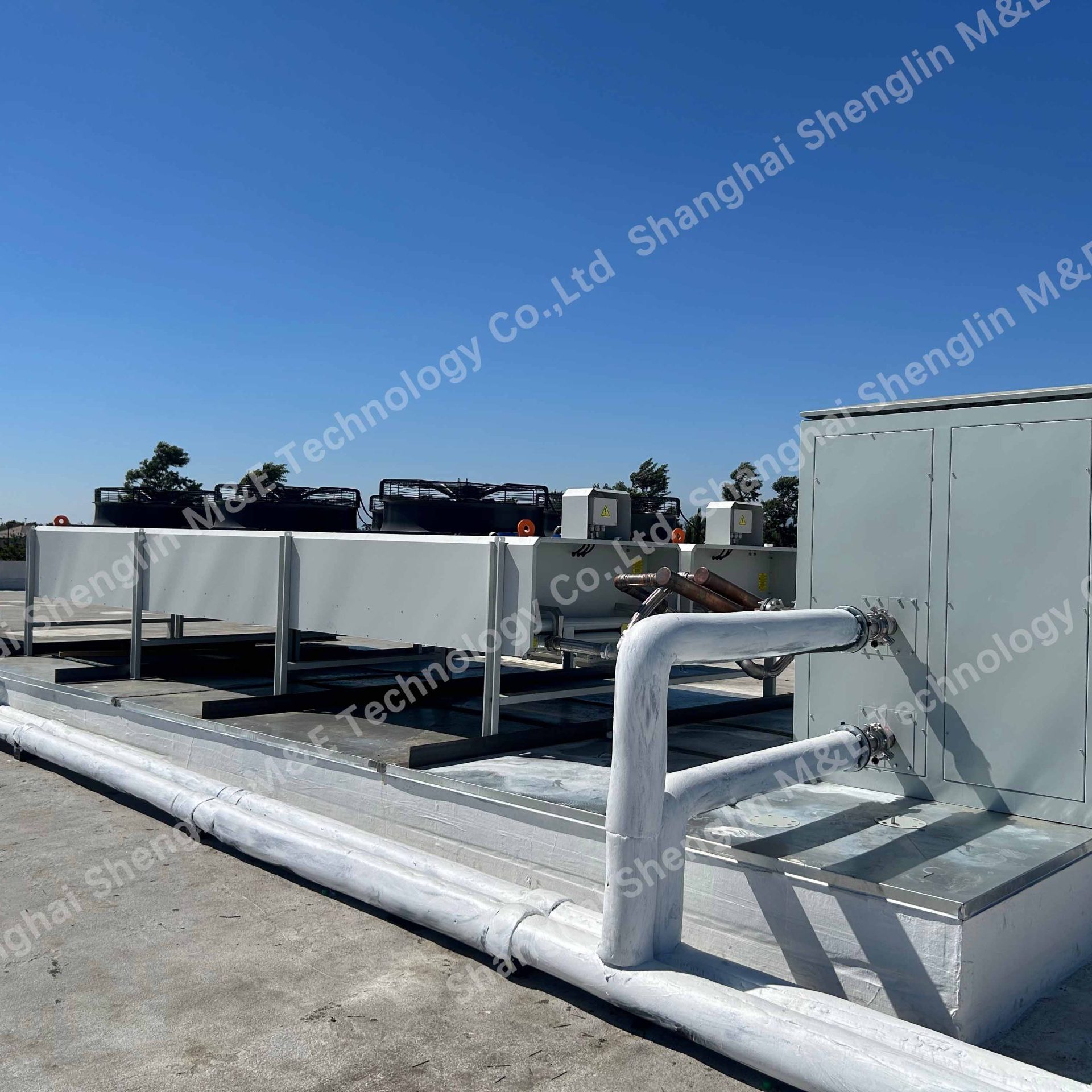The Ultimate Guide to Dry Coolers
Choosing the right dry cooler can significantly impact your business’s efficiency and profitability. This comprehensive guide explores various types of dry coolers, their applications, benefits, and factors to consider when making a purchase. We’ll delve into the technical specifications, maintenance tips, and help you find the perfect dry cooler for your specific needs. Learn how to optimize your cooling solutions and improve your bottom line.
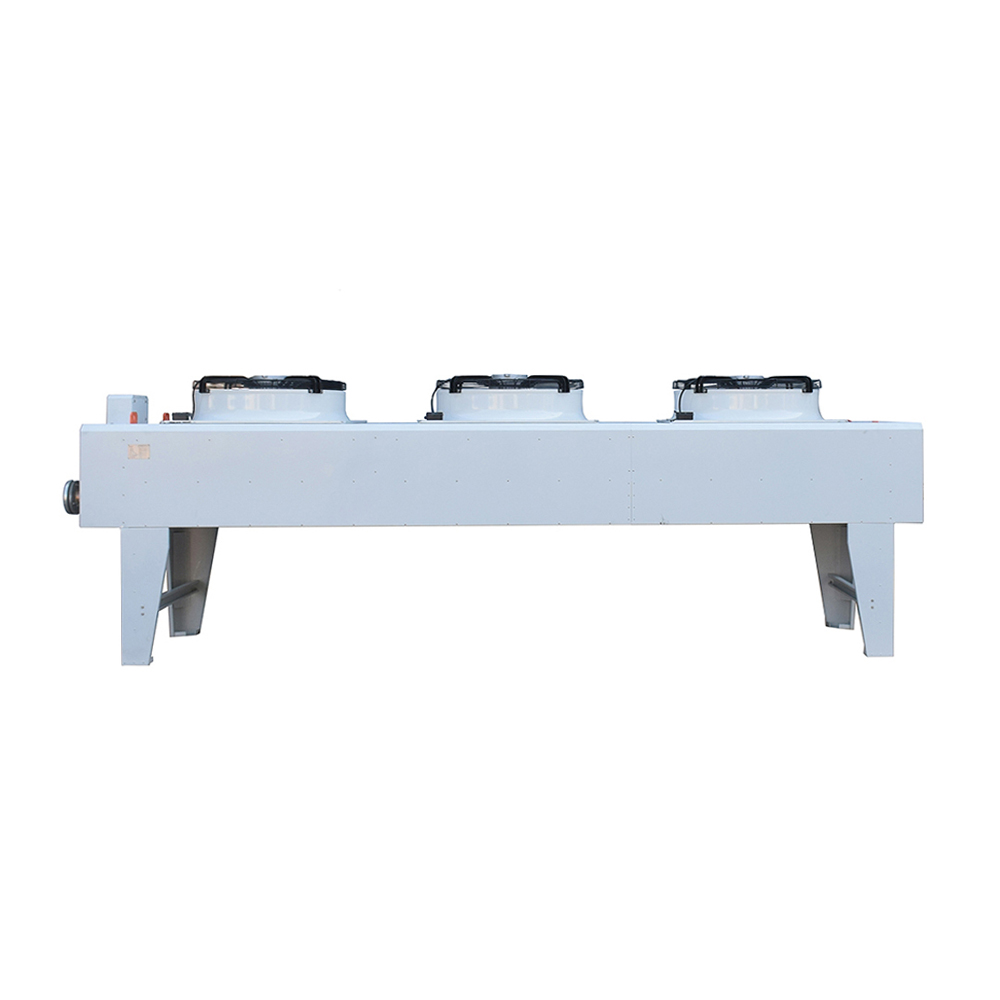
Understanding Dry Coolers: Types and Applications
What are Dry Coolers?
Dry coolers, also known as air-cooled condensers, are essential components in refrigeration and air conditioning systems. Unlike water-cooled systems, they use air to dissipate heat, eliminating the need for a cooling tower and associated water management. This makes them a more efficient and environmentally friendly option in many applications. Shanghai SHENGLIN M&E Technology Co.,Ltd. (https://www.ShenglinCoolers.com/) is a leading provider of high-quality dry coolers.
Types of Dry Coolers
Several types of dry coolers cater to different needs and applications. These include:
- Air-Cooled Condensers: These are the most common type, using fans to blow air across finned coils to dissipate heat.
- Evaporative Dry Coolers: These combine air cooling with a small amount of evaporative cooling, improving efficiency in hot and dry climates.
- Custom Dry Coolers: Designed to meet specific requirements for size, capacity, and environmental conditions.
Applications of Dry Coolers
Dry coolers find applications across diverse industries, including:
- Refrigeration: Cooling industrial processes, food storage, and cold chain logistics.
- Air Conditioning: Providing cooling for large buildings, data centers, and industrial facilities.
- Industrial Processes: Cooling machinery and equipment in manufacturing and processing plants.
Key Factors to Consider When Choosing a Dry Cooler
Capacity and Size
The cooling capacity of a dry cooler is measured in tons of refrigeration (TR) or kilowatts (kW). Accurate capacity calculation is crucial to ensure sufficient cooling for your application. Consider peak loads and future expansion needs when determining the right size.
Efficiency and Energy Consumption
Energy efficiency is paramount. Look for dry coolers with high EER (Energy Efficiency Ratio) or COP (Coefficient of Performance) ratings. These metrics indicate how much cooling is achieved per unit of energy consumed. Choosing a more efficient dry cooler can lead to significant long-term cost savings.
Maintenance and Reliability
Regular maintenance is vital for optimal performance and longevity. Consider the ease of access for cleaning and component replacement. Opt for dry coolers from reputable manufacturers with a proven track record of reliability and readily available parts.
Dry Cooler vs. Water-Cooled Systems: A Comparison
| Feature |
Dry Cooler |
Water-Cooled System |
| Cooling Medium |
Air |
Water |
| Water Usage |
None |
Significant |
| Maintenance |
Generally less complex |
More complex, including water treatment |
| Environmental Impact |
Lower water consumption |
Higher water consumption and potential for water pollution |
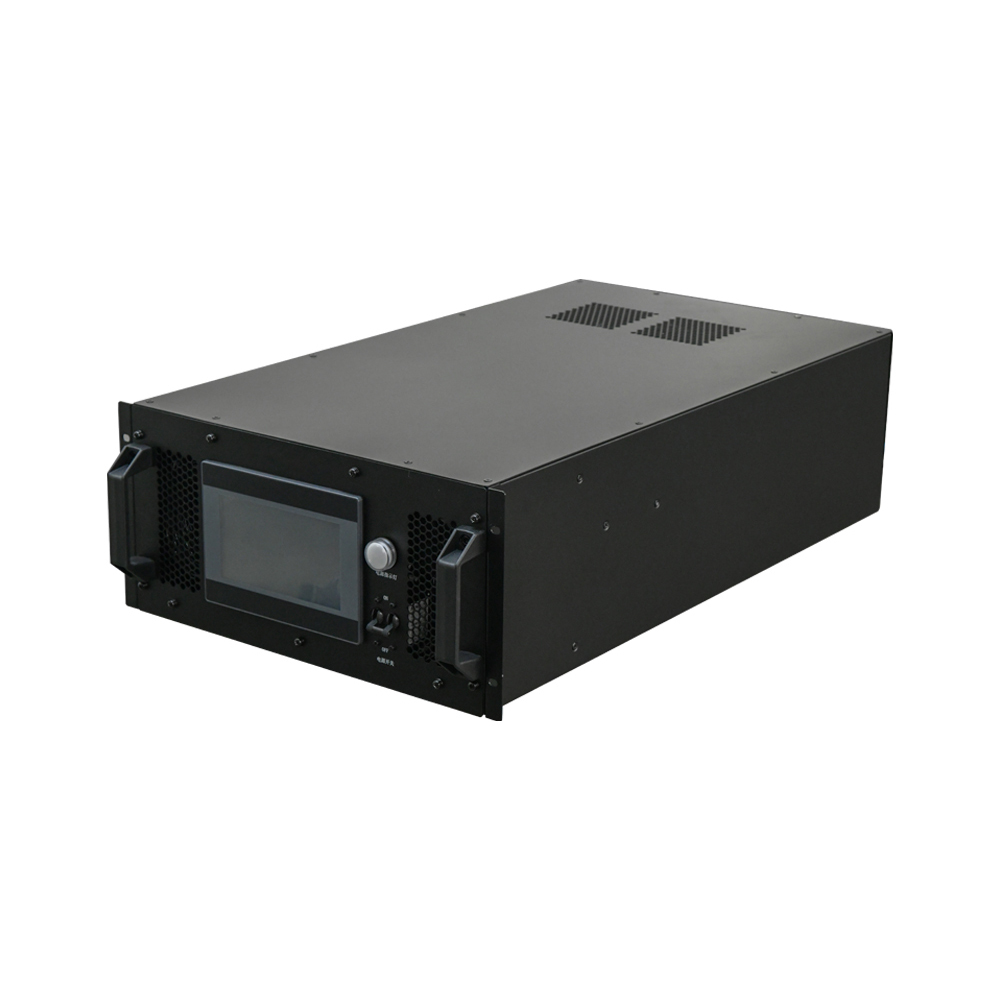
Choosing the Right Dry Cooler for Your Needs
Selecting the appropriate dry cooler requires careful consideration of your specific requirements. Factors like cooling capacity, operating environment, budget, and maintenance considerations should all be taken into account. Consulting with a qualified HVAC professional can ensure you make an informed decision and select the optimal solution for your needs. Remember to check out the dry coolers available from Shanghai SHENGLIN M&E Technology Co.,Ltd. for reliable and high-performance options.
Disclaimer: This information is for general guidance only and does not constitute professional advice. Consult with relevant experts for specific applications.











